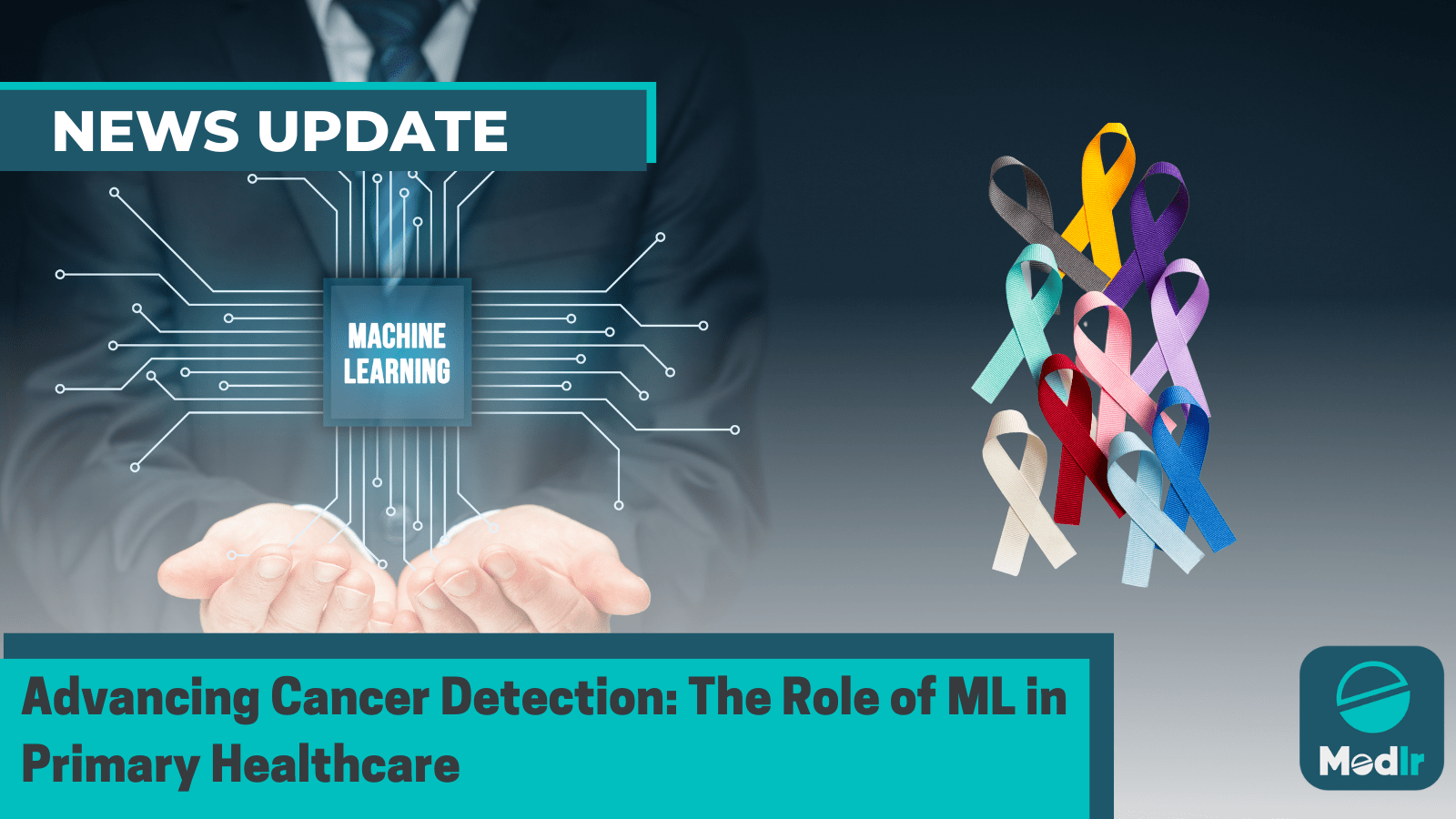Advancing Cancer Detection: The Role of ML in Primary Healthcare
Written by Shaveta Arora
Responsible and equitable ML model implementation demands ethical considerations, collaboration, and validation across diverse populations.

Machine learning (ML) techniques have shown great promise in revolutionizing early cancer detection endeavors.

The Significance of Timely Cancer Detection in Primary Care Settings
Cancer remains a global health challenge, and timely detection is crucial for patient outcomes. Primary care settings play a frontline role in symptom evaluation and focused screening.
However, the complex and subtle nature of symptoms poses challenges in identifying early-stage cancer and individuals at higher risk.
In this recent editorial, a team of researchers from Karolinska Institutet and the Academic Primary Health Care Centre at Region Stockholm, including Elinor Nemlander, Marcela Ewing, Axel C. Carlsson, and Andreas Rosenblad, delves into the potential of ML (machine learning) to improve early cancer detection in primary care.
"However, responsible and equitable implementation of ML models requires careful attention to ethical considerations, collaboration, and validation across diverse populations."